Meet the 2019 Essential SF Honorees
Meet the 2019 Essential SF Honorees
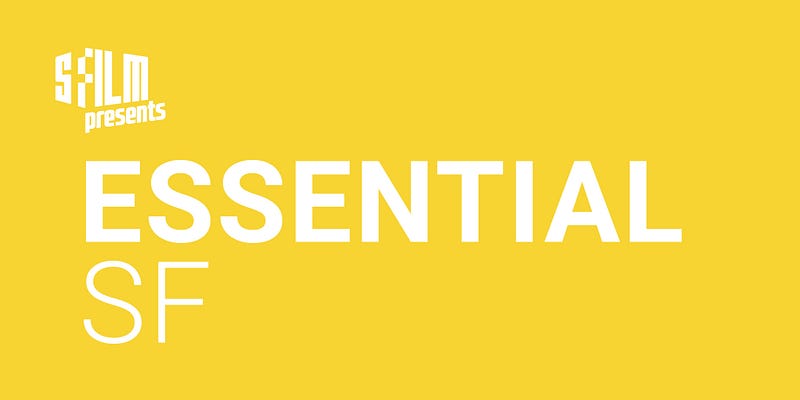
It’s fall, and the end of the year is in sight, which means it’s the time when the SFFILM team picks up its annual conversation about the individuals and institutions that we think help make the Bay Area film community what it is: inspiring, unique, brilliant, passionate, sophisticated, aware, and active. The result of that discussion is this year’s additions to the Essential SF list — the organization’s ongoing compendium of the Bay Area film scene’s most vital figures.
Essential SF is a way for SFFILM to celebrate the diverse talent of the Bay Area, and to shine a light on just a few of the people and places that make this one of the best places in the world for those who love film. This year’s — acclaimed documentary production company Actual Films, beloved Public Defender and filmmaker Jeff Adachi (posthumously), youth media organization BAYCAT, film engagement and impact strategist Duong-Chi Do, longtime BAMPFA library director Nancy Goldman, and legendary film exhibitor Gary Meyer — will be celebrated at a special ceremony in December, with friends and colleagues sharing stories and discussing their inspiring contributions to local film culture. Let’s meet the 2019 Essential SF honorees:
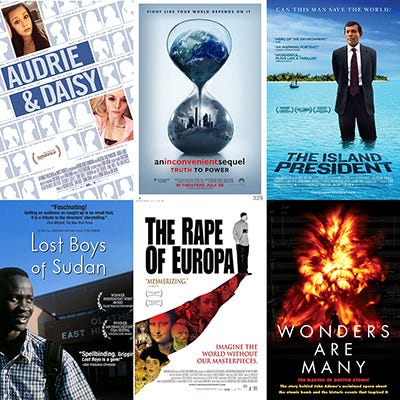
Since 1998, Actual Films — co-founded and led by Bonni Cohen, Jon Shenk, and Richard Berge — has produced critically acclaimed, award-winning documentaries for the widest possible international release. These films have been shot in dozens of countries around the world and range in subject matter from personal stories to historical examinations to international politics. The company’s filmography includes An Inconvenient Sequel: Truth to Power (2017), Audrie & Daisy (2016), 3 ½ Minutes, Ten Bullets (2015), The Island President (2011), Inside Guantanamo (2009), Wonders Are Many (2007), The Last Christians of Bethlehem (2007), Blame Somebody Else (2007), The Rape of Europa (2006), Democracy Afghan Style (2004), Lost Boys of Sudan (2003), Open Outcry (2001), They Drew Fire (2000), and more.
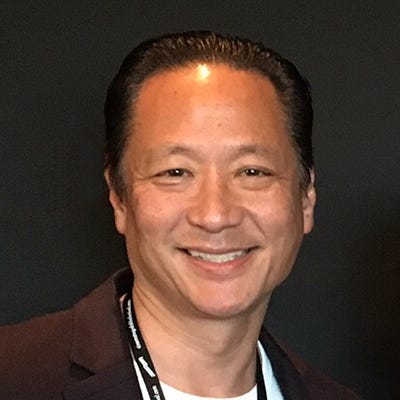
Jeff Adachi attended City College in Sacramento and UC Berkeley before obtaining his law degree from UC Hastings in San Francisco. Adachi was elected Public Defender of San Francisco and held that office from 2002 until his passing in 2019. He implemented performance measures, launched community outreach initiatives and made the office more accountable to the City and to the office’s clients. Adachi had also been a strong supporter of the arts — his three films, The Slanted Screen, The Jack Soo Story, and America Needs a Racial Facial, explore the questions of ethnic diversity, race relations, and the importance of cultural traditions. He completed a short documentary The Ride (CAAMFest 2017) and expanded it into the feature-length documentary Defender, which had its World Premiere in 2017 at the 60th San Francisco International Film Festival.
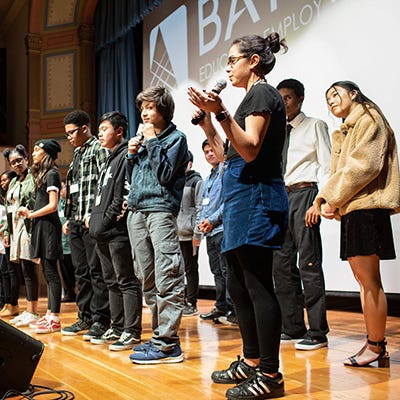
BAYCAT exists to end racial, gender, and economic inequity by creating powerful, authentic media while diversifying the creative industry. BAYCAT is changing the stories that get told and the storytellers who get to tell them by educating and employing low-income youth, young people of color, and young women in the Bay Area, and by being story strategists for organizations that tackle the world’s problems. Middle schoolers start in a free Academy to explore their creative passions after-school, continue with paid jobs in our Studio and Crew, and years later walk out of BAYCAT’s doors confident, resilient, and able to succeed in post-secondary media programs and careers. In 15 years, they have educated more than 4,250 youth, launched the careers of over 225 paid interns; and placed 82% of their intern graduates into creative careers with Lucasfilm, Pixar, Netflix, Youtube, CBS Interactive, Airbnb, and more.
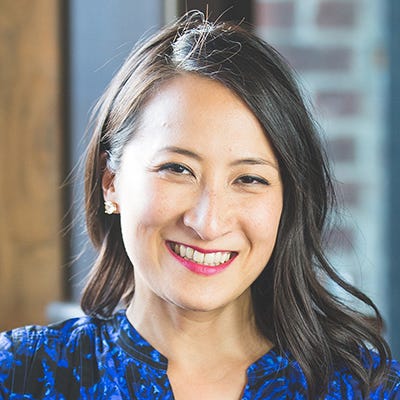
Duong-Chi Do is a media engagement and impact strategist working at the intersection of arts, social justice, and civic engagement. She spent eleven years at ITVS spearheading audience engagement and impact efforts for over 90 film campaigns. While at ITVS, Do led the engagement unit’s transformation from a start-up to a social impact enterprise, scaling their ongoing operations to reach over 100 communities nationwide. She also developed and implemented impact campaigns for Women and Girls Lead, a public media initiative focused on gender equity. She also created a distribution, outreach, and national partnership strategy for Community Classroom, an educational program providing documentary film content and lesson plans for schools and youth organizations. Before her tenure at ITVS, Do worked for APPEAL (Asian Pacific Partners for Empowerment, Advocacy, and Leadership) where she supported the expansion of its leadership development programs to elevate grassroots organizers in fighting Big Tobacco’s targeting of diverse communities.
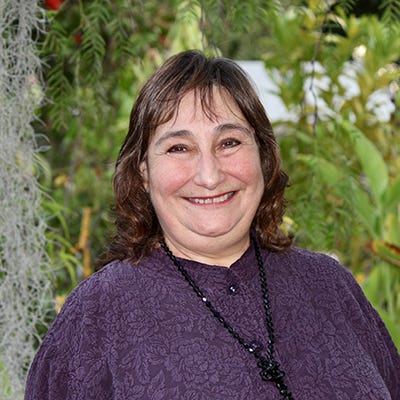
Nancy Goldman began her film education at the Pacific Film Archive, where she took several film classes during her undergraduate years at UC Berkeley. After graduating in 1977 with a B.A. in French, she worked for the film distributor Audio Brandon Films. Goldman received a Master of Library and Information Studies degree from UC Berkeley in 1980, and was thrilled to land a position at the UC Berkeley Art Museum and Pacific Film Archive that same year. In 1982 she was promoted to Head of the BAMPFA Film Library and Study Center, a position she held until her retirement in 2019. Goldman managed all aspects of the Center, including providing reference and access to its vast collections, and also initiated and directed PFA’s film-related database CineFiles, which provides free online access to thousands of film reviews, press kits, film festival program notes, and other documents.
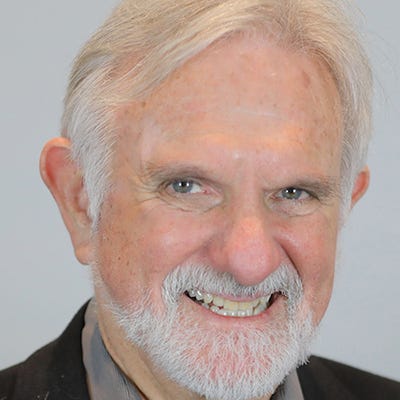
Gary Meyer started his first theater in the family barn in Napa when he was 12 years old, and his first presentation in an actual movie theater was Tarzan of the Apes at Sonoma’s Sebastiani when he was 16. At SF State, Meyer programmed many film series, and selected films for a commercial repertory cinema. Unable to find a job in film production in San Francisco, he took a job as a booker for United Artists Theatres, which prepared him to co-found Landmark Theatres in 1975. Landmark became a national art house chain focused on creative marketing strategies to build loyal audiences for non-Hollywood fare and helping to launch the careers of dozens of filmmakers. In 1998, Meyer joined the Telluride Film Festival, becoming a Festival Co-Director (2007–2015), and in 2001, he resurrected the Balboa Theatre. In 2014, Meyer founded the online magazine EatDrinkFilms.com and the EatDrinkFilms Feastival, presenting food-related movies.
Essential SF was inaugurated in 2010 to shine a light on the region’s exciting and diverse contributions to the filmmaking world. Those honored previously at Essential SF include: Craig Baldwin, Richard Beggs, Les Blank, Peter Bratt, California Newsreel, Canyon Cinema, the Center for Asian American Media, Joan Chen, Ninfa Dawson, Nathaniel Dorsky, Cheryl Dunye, Cheryl Eddy, Zoë Elton, Rob Epstein and Jeffrey Friedman, Netta Fedor, Michael Fox, Pamela Gentile, Susan Gerhard, the Grand Lake Theatre, Joshua Grannell, Nicole Paradis Grindle, Hilary Hart, Dennis Harvey, David Hegarty, Marcus Hu, ITVS, Liz Keim, Kontent Films, Karen Larsen, James LeBrecht, Jeff Lee (posthumously), Lynn Hershman Leeson, Allie Light and Irving Saraf, Carrie Lozano, Anne McGuire, H.P. Mendoza, Anita Monga, Eddie Muller, Jenni Olson, Jennifer Phang, Dawn Porter, Rick Prelinger, B. Ruby Rich, Marlon Riggs (posthumously), ro•co films, George Rush, Joel Shepard, Gail Silva, Kent Sparling, Judy Stone, Wholphin, and Terry Zwigoff.
As always, for more info about SFFILM, visit sffilm.org.